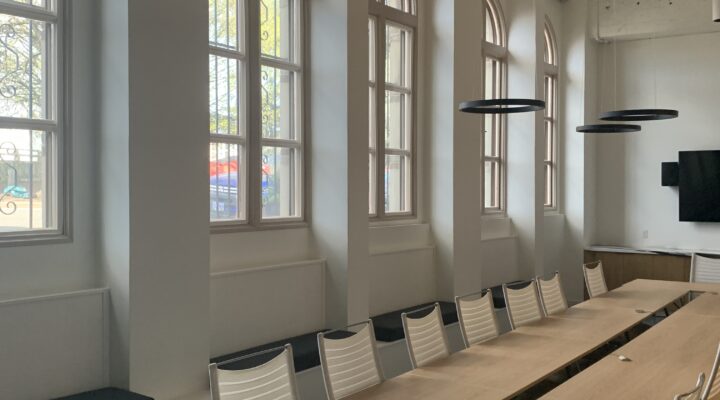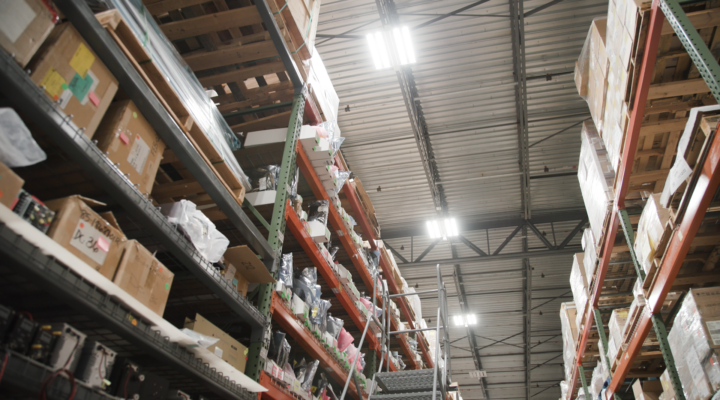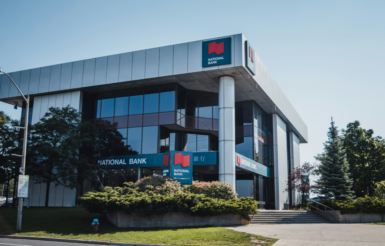Why upgrades matter
The holistic approach to whole-building efficiency
Building renewal is a comprehensive way to identify, plan, and implement integrated energy solutions that deliver maximum value by saving energy, reducing operational costs, and increasing building appeal. When planned thoughtfully and comprehensively, building renewal can magnify a variety of economic and energy benefits for owners, investors, operators, and occupants.
-
Value beyond energy savings
Building renewal boosts your building’s value and market position by reducing energy waste—the largest controllable operating expense in a commercial building. But it doesn’t stop there. This comprehensive process extends beyond energy savings to enhance the market appeal, resilience, and occupant experience of your building.
-
Future-proofing your asset
By planning your energy upgrades in a holistic way, you’ll not only comply with today’s standards, but you’ll also future-proof your building against tomorrow’s advanced regulations and extreme weather events.
-
Invest in happy, healthy occupants
Integrated energy solutions—including improved lighting and ventilation—foster a healthy, comfortable, and productive indoor environment that increases employee and tenant satisfaction and retention. Fostering a healthy, comfortable indoor environment keeps current occupants engaged and motivated, while also helping to attract new ones.
-
Benefits to bank on
Building renewal projects offer a host of expected financial benefits, including deep, ongoing energy savings, elevated market value, and higher tenant retention rates. This long-term financial value makes building renewal a wise, recoupable, and forward-thinking investment.
Maximize your buildings value
Sources: Joseph Allen, Harvard T.H., Chan School of Public Health; Fuerst, Franz and Patrick M. McAllister Green Noise or Green Value? Measuring the Price Effects of Environmental Certification in Commercial Buildings University of Cambridge, University of Reading U.S. 2008







